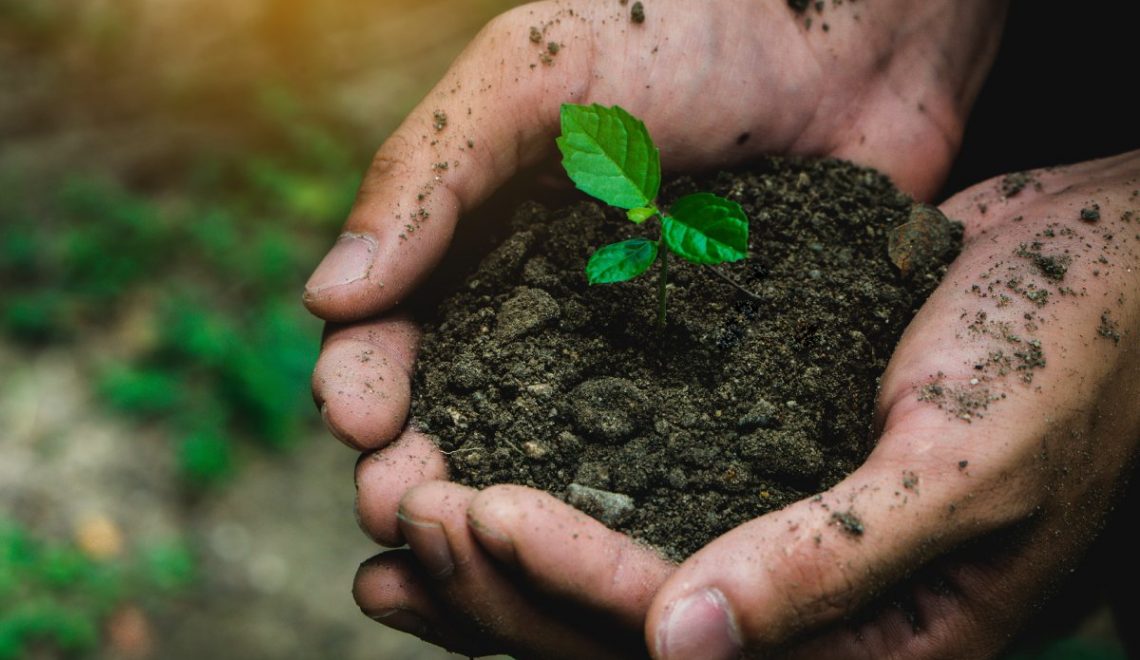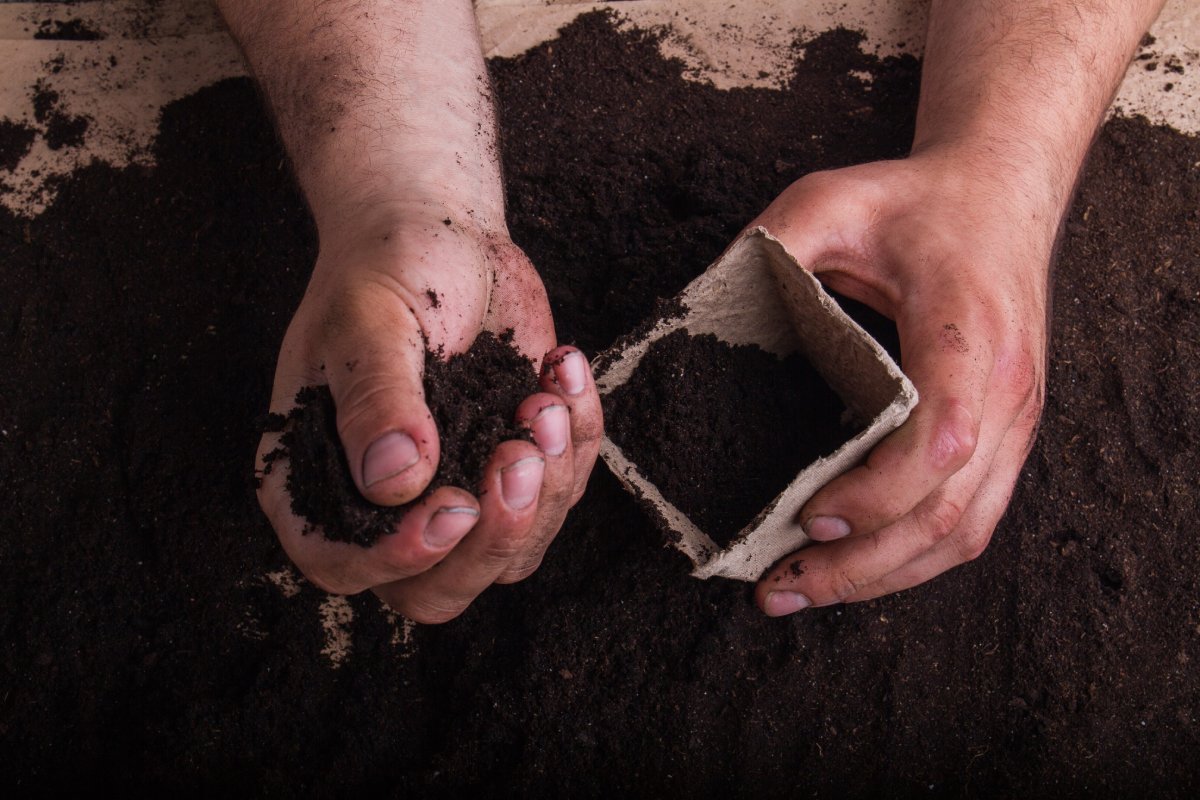
Sustainability and environmentalism are becoming increasingly important as we become more aware of the negative impact that human actions have on the planet. One way that we can make a positive impact is by living a greener and more eco-friendly lifestyle. But, where do we start? Here are some tips to help you get started on your sustainable living journey.
Here are 6 ways to live a greener and more eco-friendly lifestyle, for anyone who would like to live a sustainable life and environmentalism.

Be Mindful of the Products You Purchase
When it comes to living a more sustainable lifestyle, one of the easiest things you can do is to be mindful of the products you purchase. Next time you’re out shopping, think about the materials that the products are made from. Opt for things like organic cotton or bamboo instead of synthetic materials. Pay attention to the packaging too – try to avoid buying things that have a lot of unnecessary packaging. Another thing to consider is where the products are coming from. Buying locally sourced produce and avoiding foods that have been transported long distances can help reduce your carbon footprint.
Another important aspect is the impact these products have on the environment. Look out for products that have been made in an ethical and sustainable way. For example, choose products that are cruelty-free and not tested on animals, or products that have been certified by the Forest Stewardship Council. This ensures that the wood used in the products comes from responsibly managed forests. By being mindful of the products you buy, you can make a positive impact on the environment and support sustainable practices.
Composting Food Waste
Composting food waste is a great way to reduce your impact on the environment and promote sustainability. It’s a simple process that can be done at home, where you can easily turn your kitchen scraps and yard waste into nutrient-rich soil amendment. By diverting organic waste from landfills, you’re helping to reduce the amount of methane gas produced and contributing to the fight against climate change.
Not only is composting good for the environment, but it also has benefits for your garden. Compost can be used to improve soil health and fertility, which can lead to healthier plants and a more bountiful harvest. Using compost in your garden can also reduce the need for synthetic fertilizers, which can be harsh on the environment. So not only are you reducing waste, but you’re also giving back to the earth in a natural way. It’s a win-win situation!

Be Conscious of Water Usage
Being conscious of water usage is an important aspect some people may overlook. One of the easiest ways to conserve water is by taking shorter showers and turning off the water when brushing your teeth. Fixing any leaks in your home can also make a big difference in reducing water consumption. Installing low-flow showerheads and toilets can also help save water. Additionally, you can also consider collecting and reusing rainwater for watering plants or other non-potable uses.
Another way to be conscious of water usage is by being mindful of the products you use. Choosing products that are made with minimal water usage, such as drought-tolerant plants, can help reduce your overall water usage. Additionally, you can also consider using greywater systems, which are designed to collect and reuse greywater (wastewater from sinks, showers, and laundry) for irrigation and other non-potable uses. By being conscious of water usage and taking steps to conserve it, you can help preserve this precious resource for future generations.

Transportation
Transportation is a significant contributor to carbon emissions and air pollution, making it an important area to focus on when trying to live a more sustainable lifestyle. One of the easiest ways to reduce your transportation footprint is by walking, cycling, or taking public transportation instead of driving. This not only reduces your carbon emissions but also helps to improve your health and fitness. Carpooling or using ride-sharing services can also be a great way to reduce your emissions while still getting to your destination.
Another way to reduce your transportation footprint is by investing in an electric or hybrid vehicle. These vehicles run on electric power and have significantly lower emissions than traditional gas-powered cars. Additionally, you can also consider telecommuting or working from home, this can significantly reduce your transportation emissions and save time and money. Especially during COVID-19, some people feel more productive and work more efficiently under work-from-home circumstances. Furthermore, you can also consider purchasing carbon offset credits to offset the emissions from transportation you can’t avoid. By making conscious choices about transportation, you can help reduce your impact on the environment and contribute to a more sustainable future.

Conserve Energy
It’s really simple, when you’re not using a room, turn off the lights, and unplug appliances when you’re not using them. It might seem like small things, but it can make a big difference when it comes to reducing your energy consumption. Another way to conserve energy is by investing in energy-efficient appliances. Things like LED light bulbs or appliances that are Energy Star certified might cost a bit more upfront, but they can save you money in the long run and help reduce your dependence on fossil fuels.
Another great way to conserve energy is by using renewable energy sources. Solar panels, wind turbines, and geothermal systems are becoming more widely available and can help reduce your reliance on traditional energy sources. Not only will this help you reduce your carbon footprint, but it’s also a great way to contribute to a cleaner environment. Additionally, you can also consider implementing smart home technology like smart thermostats, which can help you monitor and control your energy usage. All in all, conserving energy is an essential step in living a more sustainable lifestyle.

Education and Community Involvement
Education and community involvement are key components of living a more sustainable lifestyle. By educating ourselves about thefacing our world and the ways in which we can make a difference, we can make more informed choices about how we live our lives. This can include learning about the impacts of climate change, the importance of biodiversity, and ways to reduce our environmental footprint.
In addition to educating ourselves, it is also important to get involved in our communities. This can include participating in local environmental groups or volunteering for organisations working to protect the environment. By working together, we can effect change on a larger scale and create a more sustainable future. We can advocate for policies that protect the environment, and support the development of sustainable infrastructure in our community. Furthermore, by supporting local businesses and organisations that prioritise sustainability, we can help create a more sustainable economy. Education and community involvement are vital for fostering a culture of sustainability and creating a more sustainable future for all.
In Conclusion
In conclusion, living a more sustainable lifestyle is about making conscious choices that reduce our impact on the environment. It involves being mindful of the products we purchase, conserving energy, being conscious of water usage, reducing transportation emissions, and educating ourselves and getting involved in our communities. By taking steps to reduce our environmental footprint in these areas, we can help preserve our planet’s natural resources for future generations. We can also advocate for policies that protect the environment, and support the development of sustainable infrastructure in our community.
Furthermore, by supporting local businesses and organisations that prioritise sustainability, we can help create a more sustainable economy. It is important to remember that sustainability is a journey and making small changes can make a big impact in the long run.


